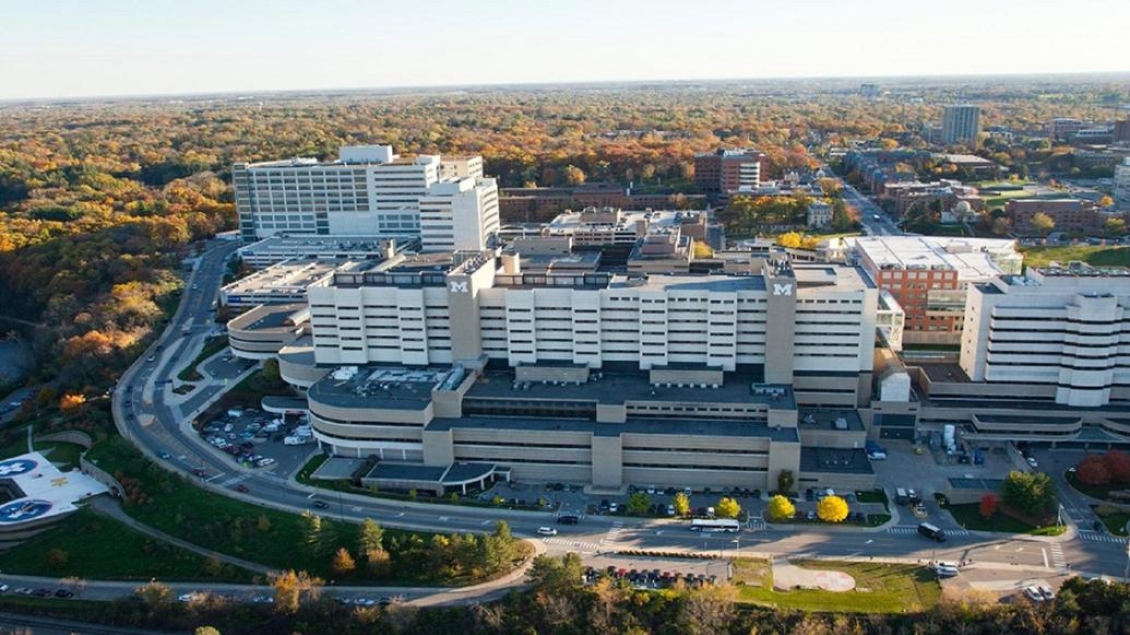Back to Comprehensive Pancreas Program

In the lab or in the clinic, our researchers are behind many of the most important innovations of our times across the realm of cutting-edge science. In addition, our program has active clinical trials in acute pancreatitis, pancreatic cystic disorders, pancreatic genetic disorders, and other conditions involving the pancreas. These studies are supported by the National Institute of Health (NIH) and other resources.
- Develop and implement clinical decision support tools to increase adherence to accepted clinical best practices, improve clinical outcomes and lower hospitalization costs for patients
- Quantify and reduce the risk and severity of acute pancreatitis due to the procedure endoscopic retrograde cholangio-pancreatography (ERCP) through patient selection, pharmacologic therapy, hydration and prophylactic pancreatic duct stenting
- Investigate molecular mechanisms of pancreatic injury, healing and/or pancreatic cancer (e.g. ADAM17, Hedgehog signaling) that may translate to future clinical treatment targets
- Measure and identify specific factors that influence quality of life
- Characterize pain pattern and identify predictors for reducing abdominal pain in response to medical, endoscopic and surgical interventions
- Improve the clinical application of endoscopic ultrasonography, direct pancreatic function testing and biomarkers to establishing a firm diagnosis of chronic pancreatitis
- Determine the most effective medical treatment
- Identify prognostic markers to disease progression and risk for cancer
- Determine cancer risk in hereditary pancreatitis and other familial pancreatic cancer conditions
- Develop a patient registry and establish a prospective protocol
- Identify biomarkers for early diagnosis of pancreatic cancer in this high-risk population
- Determine the effectiveness of pancreatic enzyme replacement therapy and important cofactors necessary for correcting exocrine pancreatic insufficiency
- Investigate the utility of direct pancreatic function testing in chronic pancreatitis
- Understand regulation of pancreatic digestive function in health and disease mediated by calcium, insulin, nitric oxide and neural signaling
- Explore dietary approaches to pancreatic regeneration to achieve an adequate supply of pancreatic digestive enzymes
- Clarify mechanisms for pancreatitis associated with cystic fibrosis transmembrane regulator (CFTR) mutations
- Recognize the impact of CFTR genotype on pancreatic digestive function
- Delineate the natural history of pancreatic cysts
- Identify risk factors for malignant pancreatic cysts
- Identify imaging and biomarker predictors for evolution of cystic tumors to cancer
- Develop a clinical decision tool for patients and clinicians
Discriminate benign from malignant pancreatic disease using biomarkers and optical imaging
- Predict pancreatic cancer outcomes based on clinical risk factors (smoking, alcohol, diabetes)
- Determine the differential impact of stent type on treatment of malignant biliary obstruction
- Define and test new metabolic drug targets in pancreatic cancer
- Understand how signaling pathways predispose to early steps in pancreatic carcinogenesis (e.g. acinar to duct metaplasia, epithelial to mesenchymal transition)
- Investigate how signaling pathways promote tumor survival, growth and invasion (e.g. involving Usp9x, NRF2 and Hedgehog)
- Determine the accuracy and cost effectiveness of endoscopic ultrasonography for diagnosing pancreatic neuroendocrine tumors
- Investigate the natural history of asymptomatic sporadic and syndromic pancreatic neuroendocrine tumors